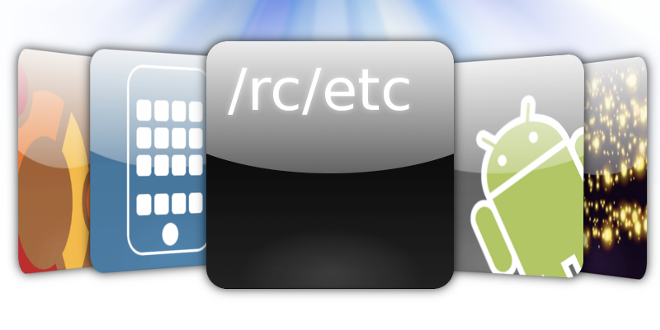Microsoft has filed a patent for a docking station for a phone that allows it to have computer peripherals connected to it. First of all, with the ubiquity of BlueTooth on mobile phones now, why aren't the keyboard and mouse wireless. Secondly, who actually wants to dock their phone instead of having a laptop? There seem to have been a few attempts to scale Windows Mobile up to full size: Redfly immediately comes to mind. Yet, with the emerging market for netbooks, why not just get a netbook and use that for portable work? The selling point for things like this is "It is too hard to use your phone as it is for anything besides making calls." This is like compensating for bad floor tile design by putting a tried and true method into place: carpet. It does not address the actual problem with most windows mobile devices: they have a high barrier to entry.
While technology such as this may sound like shenanigans now, there are a few ways that Microsoft could make this work that play to their strengths.
- Use the high speed data connection on the phone to provide a thin-client to the monitor / input devices. Microsoft's RDP server is surprisingly nice. As wireless and cell connections get faster, Microsoft can cater to its most reliable customers: enterprises. A great deal of enterprises provide RDP logins for their employees for one reason or another. Why not combine the roles of netbook and blackberry, creating an email / phone device for employees on the road and a desktop for them when they sit down at their desk and drop their phone into its cradle? Microsoft has the chance to lock enterprises into Windows Server, Windows Mobile, and RDP all at the same time, albeit at the expense of its windows desktop monopoly. However, as handsets rapidly approach the power of full-fledged computers, is this a lock in Microsoft can afford to pass up?
- Integrate and sync seamlessly into Windows. What excuse do Microsoft smartphones have to not seamlessly integrate with Microsoft's operating system? Microsoft needs to realize that product integration is a key part of developing an ecosystem: the products are both under the umbrella of Windows, so they should work better when used together. Instead of providing a patchwork of windows devices, automatically lock a windows desktop when the user's cell phone leaves bluetooth range; sync contacts seamlessly with bluetooth or wirelessly; provide a combination charger / syncher so that phones are reliably synched and updated.
- Provide a better overall experience as a phone. Microsoft phones have not yet rivaled even the iPhone or the blackberry. Why? The iPhone is greater than the sum of its parts: it is held together by the app store and a unique user experience. While many windows mobile phones may have touchscreens in the near future, few will have the software support that the iPhone does, especially with unique features that integrate well with the hardware. Microsoft needs to wake up and notice that the model that worked for windows will not work here, and instead execute a careful counter-strategy to combat the iPhone on its key points: Feel-good user experience, ease-of-use, and applications.


